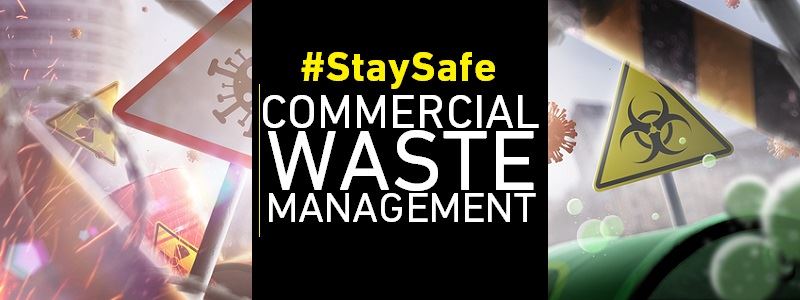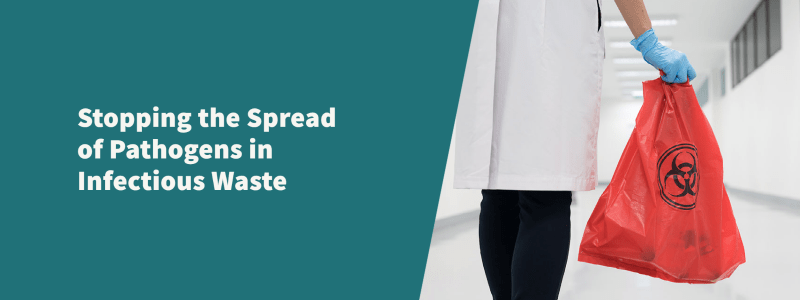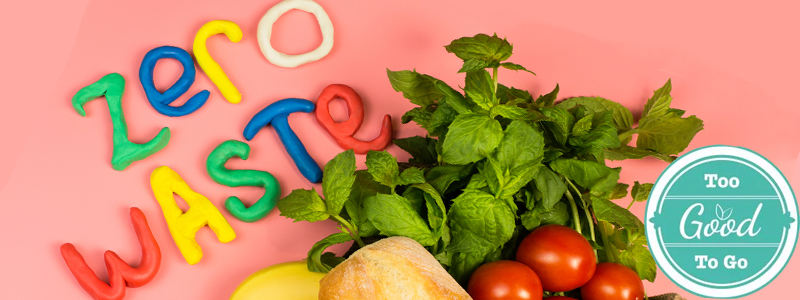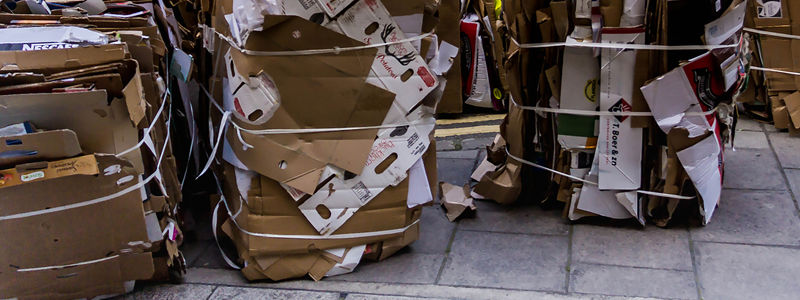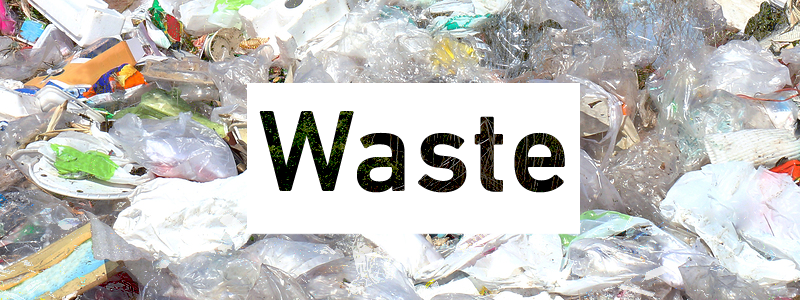Podiatrist Clinical Waste – The Facts
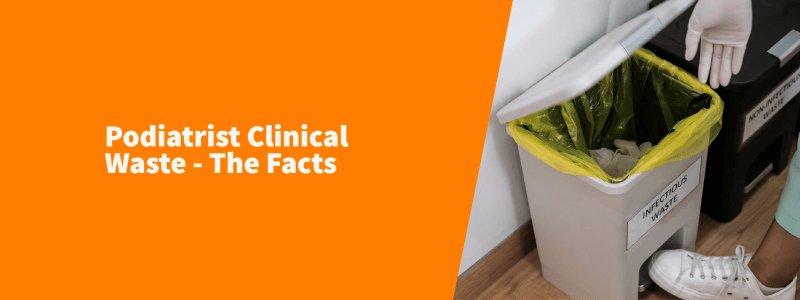
Podiatrists conduct the treatment of feet and associated ailments. Whether a podiatrist is dealing with minor or major issues, they are likely to create a range of waste types which need to be disposed of properly. That’s where clinical waste disposal becomes important. What is Proper Waste Management? When we say ‘properly’, we mean waste […]
Read more

